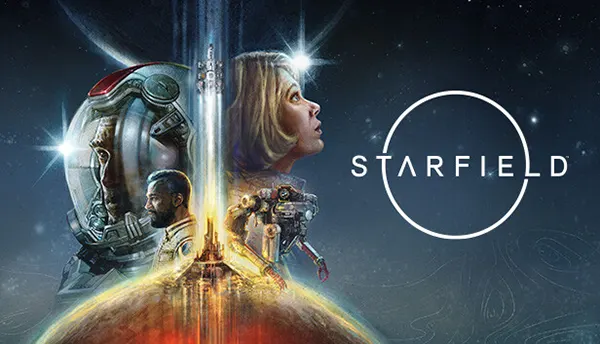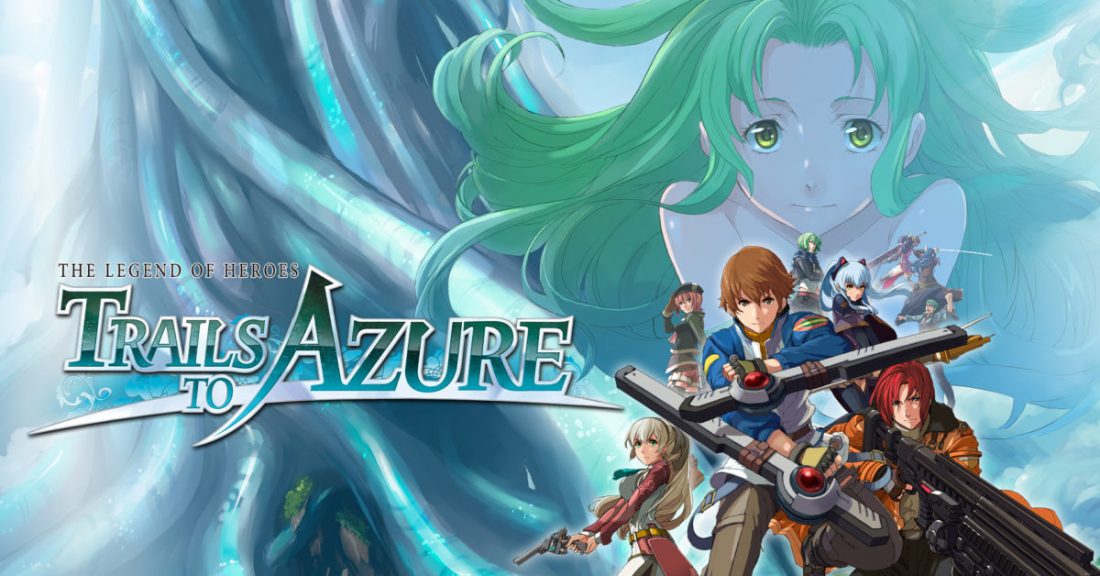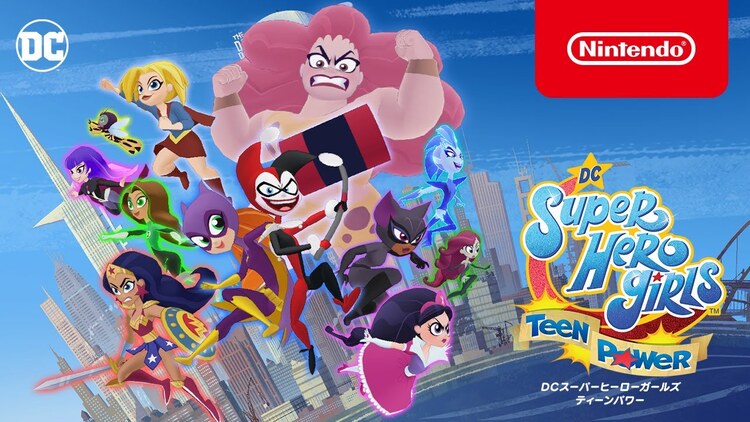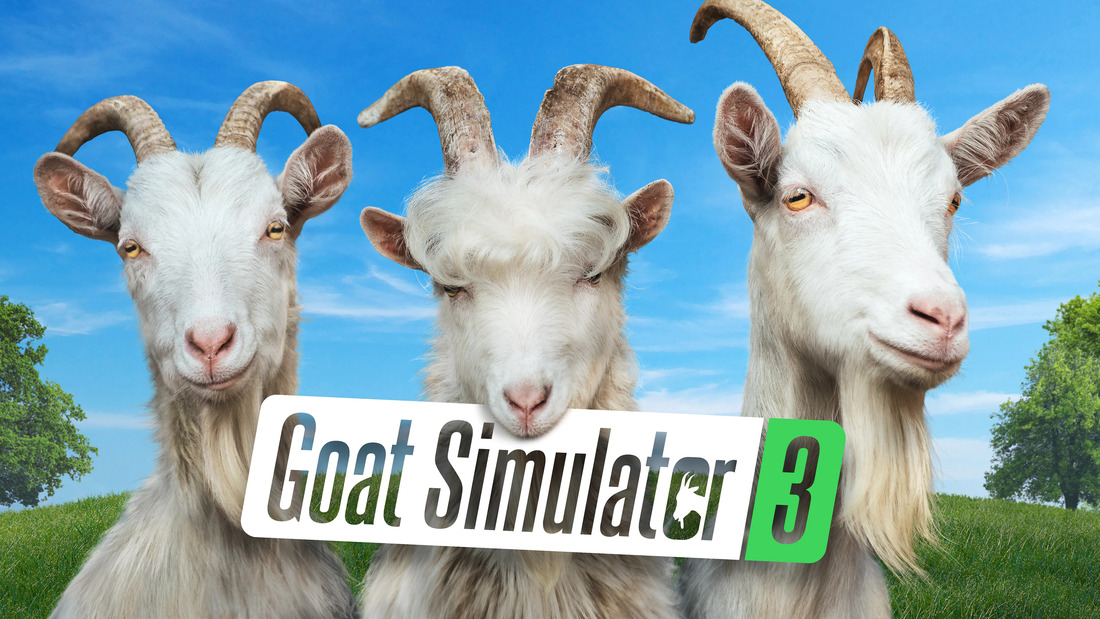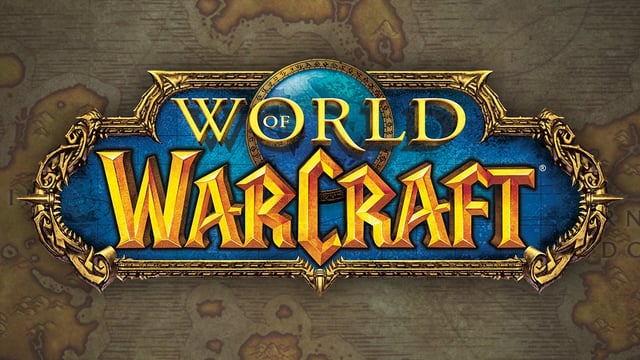
The Azeroth Revolution: How World of Warcraft Transformed MMORPGs
In the ever-evolving landscape of gaming, a few titles have not only made their mark but have also ushered in paradigm shifts. “World of Warcraft” (WoW) is indisputably one of them. This monumental game has not only amassed a vast and dedicated player base but has also significantly impacted the DNA of MMORPGs.
WoW’s entrance into the gaming scene in 2004 was much more than just another game release. It signified the beginning of an era where MMORPGs became more accessible, collaborative, and story-driven. Let’s embark on a journey to understand the gravity of WoW’s impact.
Setting A New Gold Standard
User-Friendliness and Accessibility
Prior to WoW, MMORPGs had a reputation for being niche and complex. They demanded hours of grind, a deep understanding of game mechanics, and often lacked intuitive interfaces. WoW transformed this by introducing streamlined gameplay mechanics, guiding new players through captivating starter zones, and ensuring that challenges scaled with player abilities.
This approach widened the game’s appeal, making it attractive not just to hardcore gamers but also to casual players, setting a new benchmark in accessibility and user experience in the MMORPG genre.
Revolutionizing Collaborative Play
Raids, Guilds, and Teamwork
While MMORPGs inherently emphasize multiplayer interactions, WoW took it to unprecedented heights. It introduced intricately designed raid dungeons that required not just individual skills but also coordinated team strategies. Guilds became more than just in-game social clubs; they became structured communities with hierarchies and shared objectives.
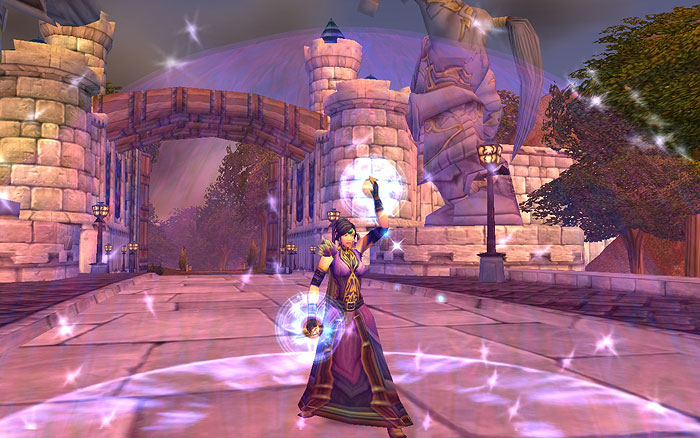
The Power of Narrative
World of Warcraft’s rich lore, rooted in the earlier “Warcraft” RTS games, has provided a vast canvas for storytelling. Unlike many predecessors where stories were often secondary, WoW’s narrative arcs became a driving force. Players became part of grand tales, with evolving storylines keeping the game perpetually fresh and engaging.
Legacy and Longevity
While many games come and go, WoW’s resilience is a testament to its profound impact on MMORPGs. Continuous expansions, adapting to player feedback, and a commitment to quality have ensured that Azeroth remains alive, bustling, and relevant, even in a space constantly welcoming newer titles.
Conclusion: WoW’s Indelible Mark
While the MMORPG genre was already established before World of Warcraft’s inception, WoW’s influence in shaping its trajectory is undeniable. Through its innovations in gameplay, collaboration, storytelling, and more, WoW has left an indelible mark, proving that games can be more than just pastimes—they can be cultural phenomena.

